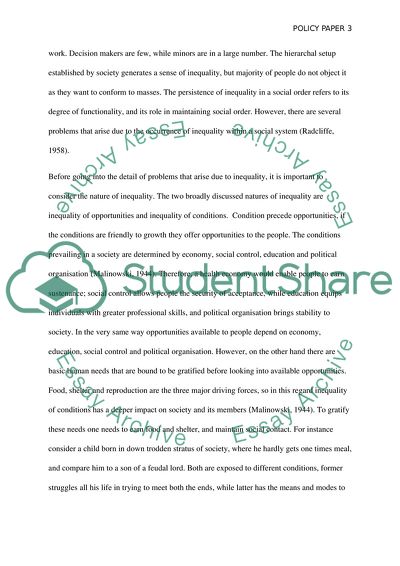Cite this document
(Policy paper ( Applying Functionalism Theory) Essay, n.d.)
Policy paper ( Applying Functionalism Theory) Essay. https://studentshare.org/sociology/1807351-policy-paper-applying-functionalism-theory
Policy paper ( Applying Functionalism Theory) Essay. https://studentshare.org/sociology/1807351-policy-paper-applying-functionalism-theory
(Policy Paper ( Applying Functionalism Theory) Essay)
Policy Paper ( Applying Functionalism Theory) Essay. https://studentshare.org/sociology/1807351-policy-paper-applying-functionalism-theory.
Policy Paper ( Applying Functionalism Theory) Essay. https://studentshare.org/sociology/1807351-policy-paper-applying-functionalism-theory.
“Policy Paper ( Applying Functionalism Theory) Essay”. https://studentshare.org/sociology/1807351-policy-paper-applying-functionalism-theory.


